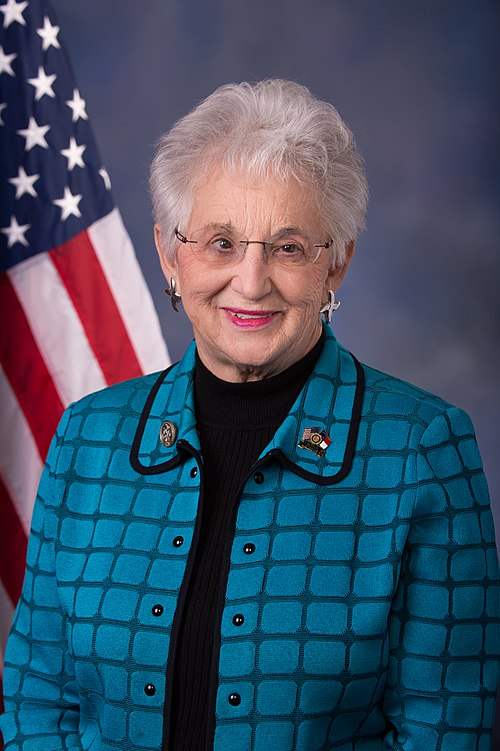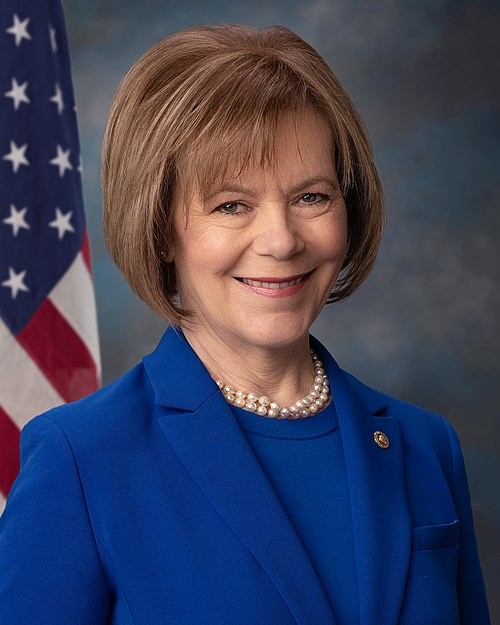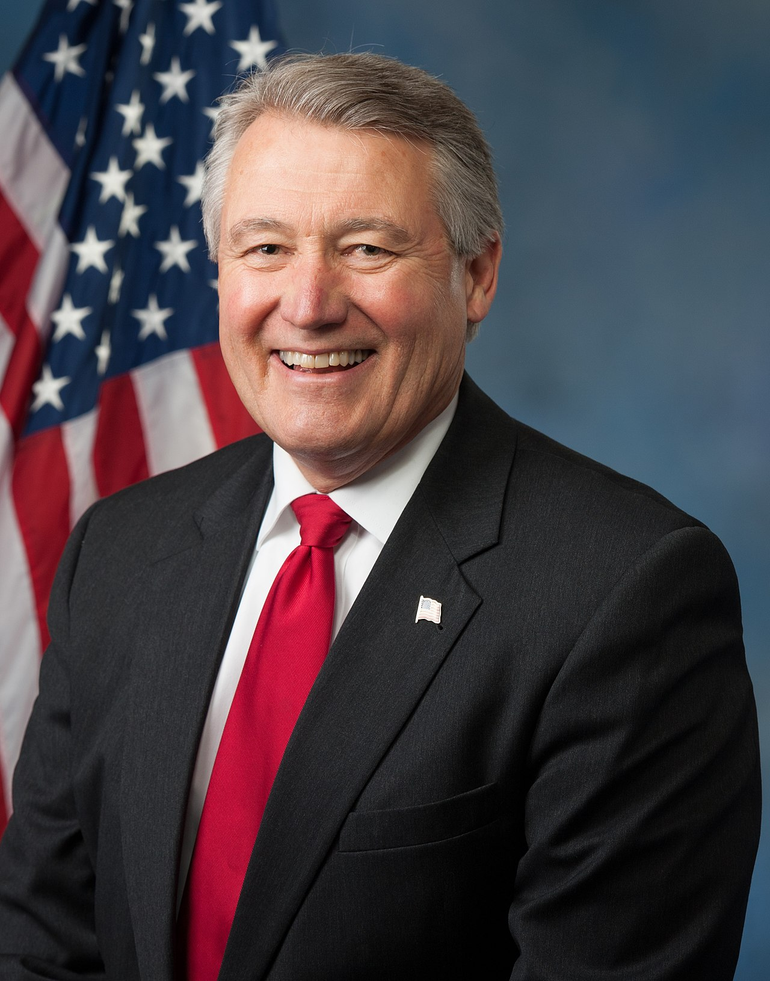H.R. 4785: Ethics in Energy Act of 2025
This bill, known as the Ethics in Energy Act of 2025, aims to regulate how certain utility companies manage expenses related to political activities. Here’s a breakdown of the key provisions in layman's terms:
Definitions
The bill introduces several important definitions:
- Covered Utility: This includes large electric utility companies, major natural gas companies, and centralized service companies that meet specific sales or service thresholds.
- Covered Expense: This refers to costs incurred by a covered utility that are related to political activities. This includes payments to external entities for political influence, internal costs related to political activities, and any expenses related to employees involved in such activities.
- Political Influence Activity: These activities encompass efforts to influence regulations, legislation, elections, and public opinion related to government actions or utility operations.
Prohibition on Recovering Political Activity Expenses
The bill establishes rules that prohibit covered utilities from passing on the costs associated with political activities to their customers (ratepayers). Here’s how it works:
- The Federal Energy Regulatory Commission (FERC) is required to create regulations that prevent covered utilities from recovering these expenses in rate-setting processes.
- Covered utilities will need to categorize political activity expenses in a manner that makes them non-recoverable from ratepayers.
Reporting Requirements
Covered utilities will be required to submit annual reports detailing their expenses related to political activities. The reports must include:
- An itemized list of covered expenses.
- Details of any external service providers used.
- Information about the operational expenses of the utility.
The reporting requirements aim to increase transparency around how much utilities spend on political influence.
Enforcement Mechanisms
The bill includes provisions for monitoring compliance and investigating violations of the new regulations:
- FERC will oversee compliance and may impose penalties on covered utilities that violate the rules.
- Penalties can be significant and are structured based on the amount of the covered expense. For example:
- For expenses less than $1 million, the penalty will be at least equal to the expense amount.
- For expenses between $1 million and $10 million, penalties can double the expense amount.
- For expenses over $10 million, penalties can triple the amount.
- Utilities may not recover these penalties from ratepayers.
Half of the penalties collected will go back to ratepayers as a rebate, while the other half will be used by FERC to enhance enforcement efforts.
Impact of the Bill
The overall goal of this legislation is to limit the influence of political spending by utility companies on their customers. By prohibiting the recovery of political activity expenses from ratepayers, the bill seeks to ensure that customers are not financially burdened by payments that are primarily aimed at influencing public policy or opinion.
Relevant Companies
- DUK - Duke Energy Corporation: As a large electric utility, Duke Energy may face changes in how it handles expenses related to political influence activities.
- NEE - NextEra Energy, Inc.: NextEra, as a major energy company, will need to adjust its financial practices regarding political spending disclosure and expense recovery.
- EXC - Exelon Corporation: Similar to other utilities, Exelon will be impacted by the reporting requirements and prohibition on recovering political expenses from customers.
This is an AI-generated summary of the bill text. There may be mistakes.
Sponsors
12 bill sponsors
-
TrackKathy Castor
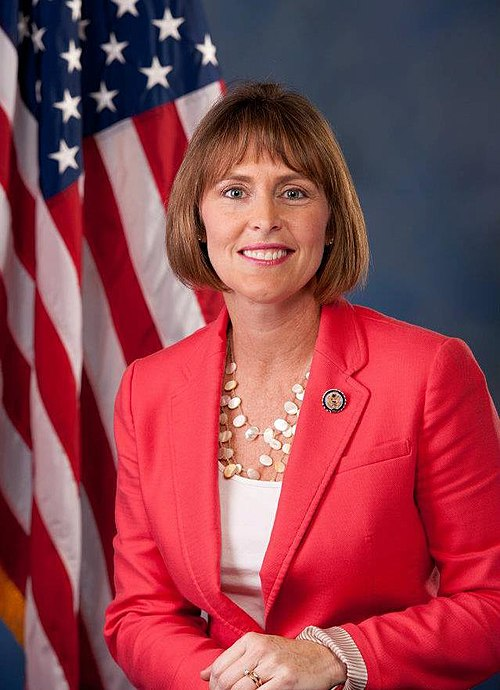
Sponsor
-
TrackLaura Friedman
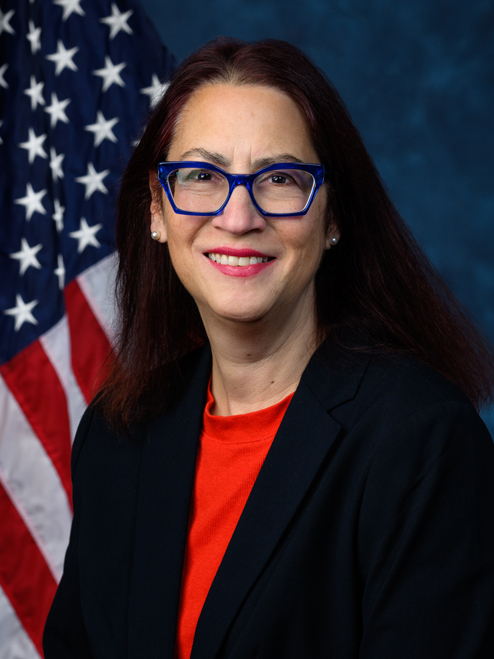
Co-Sponsor
-
TrackJared Huffman
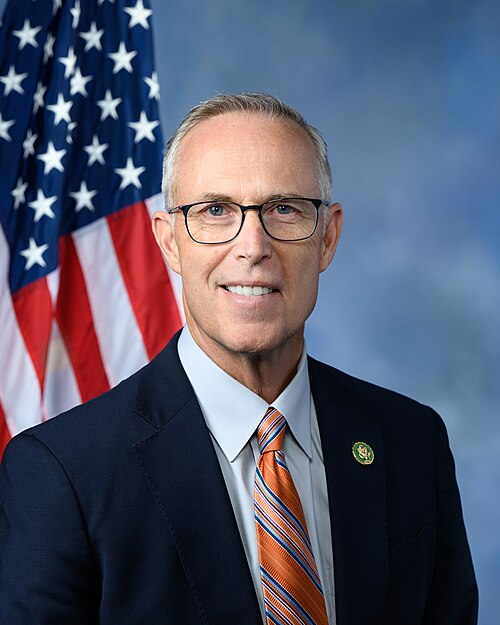
Co-Sponsor
-
TrackSummer L. Lee
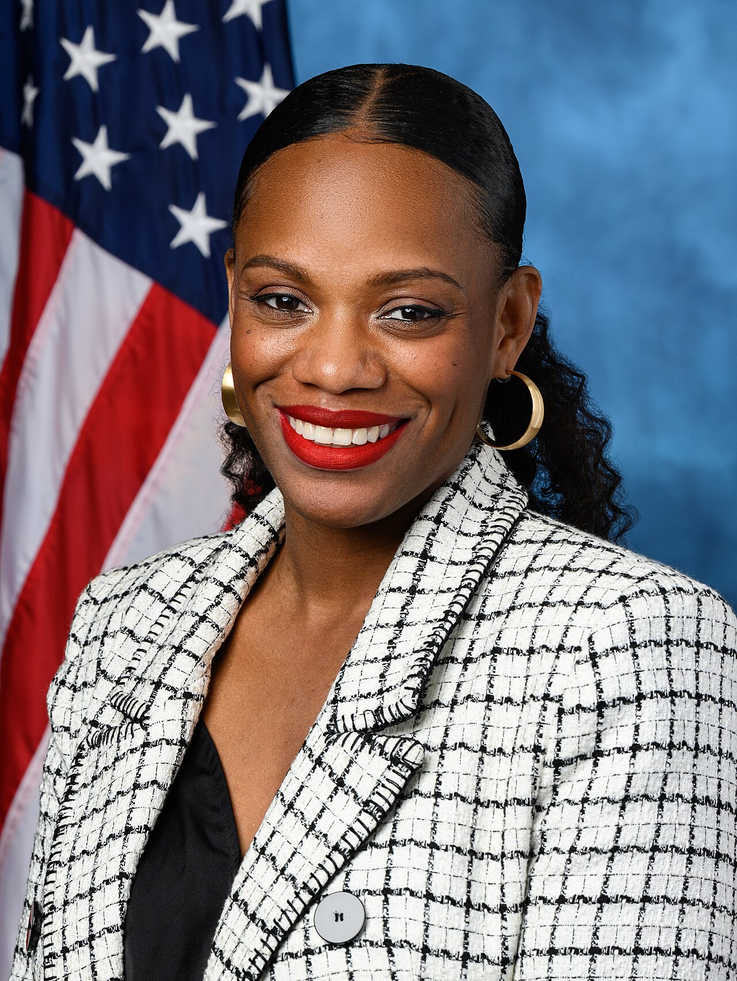
Co-Sponsor
-
TrackMike Levin
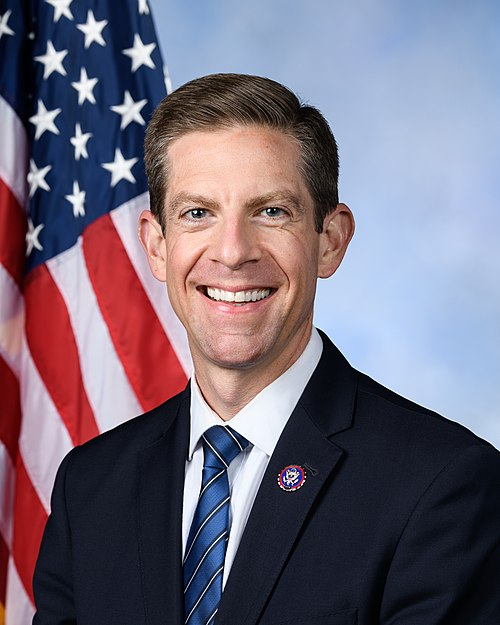
Co-Sponsor
-
TrackDoris O. Matsui

Co-Sponsor
-
TrackJennifer L. McClellan
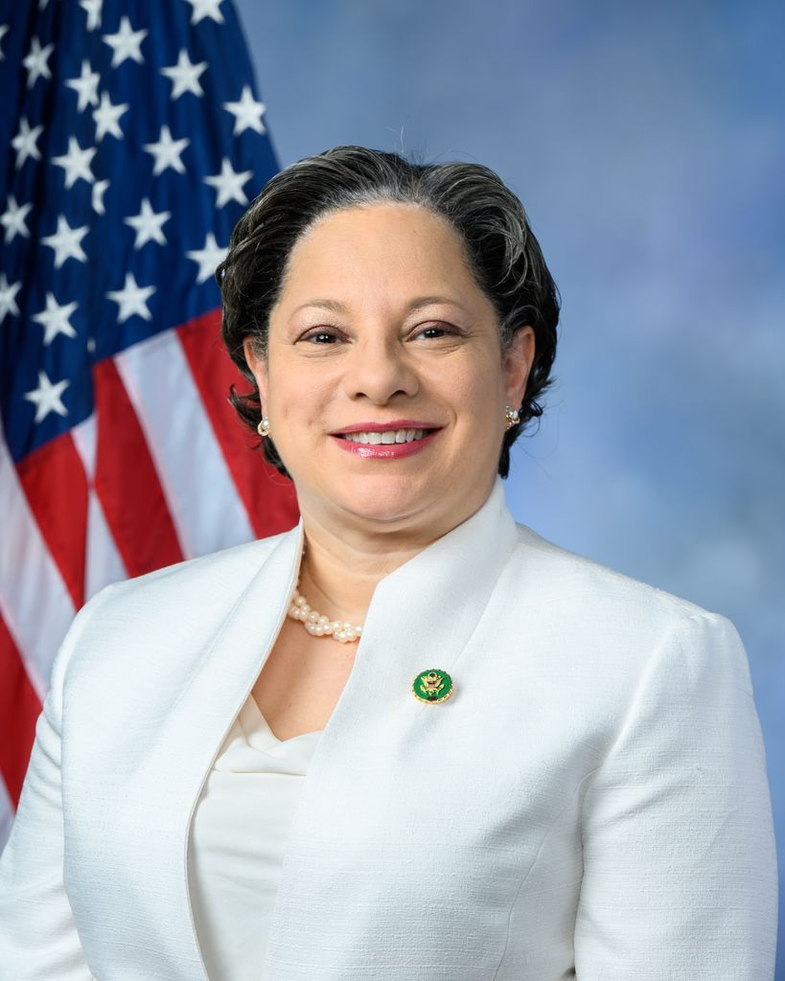
Co-Sponsor
-
TrackKevin Mullin
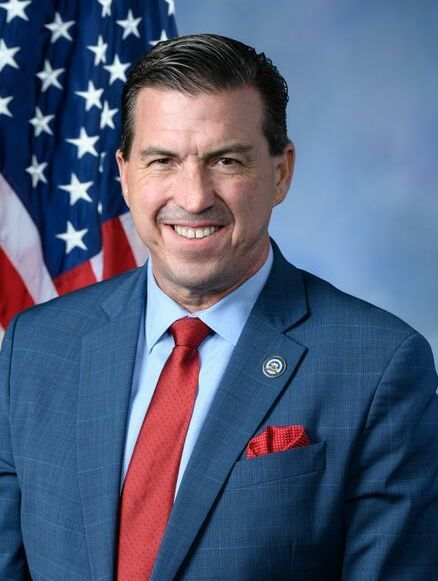
Co-Sponsor
-
TrackAlexandria Ocasio-Cortez

Co-Sponsor
-
TrackChellie Pingree

Co-Sponsor
-
TrackShri Thanedar

Co-Sponsor
-
TrackRashida Tlaib
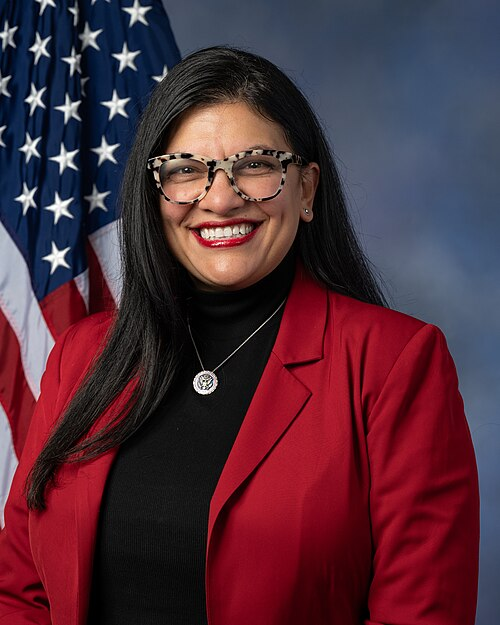
Co-Sponsor
Actions
2 actions
| Date | Action |
|---|---|
| Jul. 29, 2025 | Introduced in House |
| Jul. 29, 2025 | Referred to the House Committee on Energy and Commerce. |
Corporate Lobbying
0 companies lobbying
None found.
* Note that there can be significant delays in lobbying disclosures, and our data may be incomplete.

















